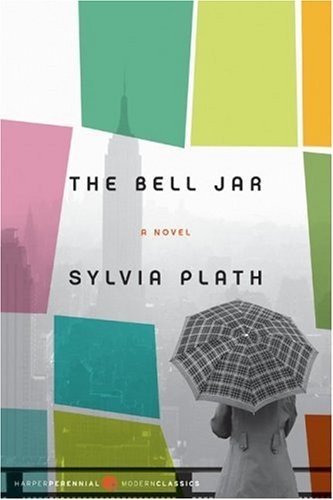All Nonfiction
- Bullying
- Books
- Academic
- Author Interviews
- Celebrity interviews
- College Articles
- College Essays
- Educator of the Year
- Heroes
- Interviews
- Memoir
- Personal Experience
- Sports
- Travel & Culture
All Opinions
- Bullying
- Current Events / Politics
- Discrimination
- Drugs / Alcohol / Smoking
- Entertainment / Celebrities
- Environment
- Love / Relationships
- Movies / Music / TV
- Pop Culture / Trends
- School / College
- Social Issues / Civics
- Spirituality / Religion
- Sports / Hobbies
All Hot Topics
- Bullying
- Community Service
- Environment
- Health
- Letters to the Editor
- Pride & Prejudice
- What Matters
- Back
Summer Guide
- Program Links
- Program Reviews
- Back
College Guide
- College Links
- College Reviews
- College Essays
- College Articles
- Back
The Bell Jar by Sylvia Plath MAG
Sylvia Plath’s semi-autobiographical novel, The Bell Jar, tells of Esther Greenwood’s coming-of-age, which does not follow the usual course. Esther’s experiences, including her first time in New York as a guest editor, a marriage proposal, and her success in college, are intended to be positive and life-changing but actually make her disoriented and depressed. Instead of finding new meaning in life, Esther wants to withdraw from the world and die.
After a couple of futile, even unnoticed suicide attempts, she awakens in a mental institution after taking 50 sleeping pills. As she recovers, her life focus becomes one of survival. The book takes place in the 1950s, and Esther questions many contradictions between what society says she should experience and what she actually does, and this questioning intensifies her madness.
Sylvia Plath’s style is truly astonishing; she writes with such intensity and detail that you feel what madness is like. I definitely recommend this book to anyone who is up to the challenge of reading an intense classic.
Similar Articles
JOIN THE DISCUSSION
This article has 3 comments.


0 articles 0 photos 12292 comments